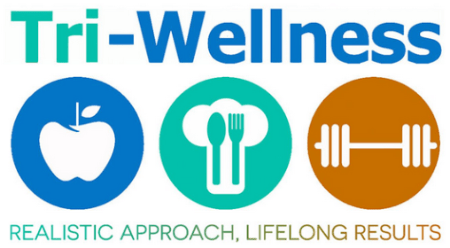Because I’m so passionate about the health and nutrition of my clients, I love researching and trying the latest diet trends.
So I became curious as I observed the increasing hype about intermittent fasting (IF).
What Is Intermittent Fasting?
Exactly what it sounds like, fasting for specifically allotted times, and the most common ways of practicing IF are the “5:2” or “16:8” methods.
In the 5:2 method, you fast for 2 different 24 hour periods over 7 days. The 16:8 method entails fasting for 16 hours every day and eating for an 8 hour window each day, e.g. 12pm-8pm.
Personally, I’ve been doing the 16:8 method for the past month and I’m loving it!
However, one person's anecdotal experience is only an opinion.
So as a mental health professional, I did further research to better understand how IF affects (my favorite topic!) gut health.
So let's look at the science and research findings...
The Gut As An Organ
As I share in almost every newsletter – which is backed by extensive research - the gut is an organ that influences many bodily functions including weight, immune strength, inflammation, energy levels, and metabolism. With 100 trillion bacteria, the gut keeps our bodies healthy… if we properly feed it through diet and lifestyle habits.
IF's Effect On The Gut
According to the National Institutes of Health, fasting helps the body use fat instead of glucose as a main source of energy. IF has also been shown to improve the bacterial (aka gut flora) composition, decrease the risk of obesity, and help maintain our natural circadian rhythms.
While your gut is also affected by other factors including stress, dietary/lifestyle choices, and exercise, IF can be a big contributor in healing your gut. A clinical study on overweight women showed that IF promoted weight loss, reduction in body circumference, and lowering cholesterol. A second study showed that IF helped lower blood pressure and blood sugar.
The good news: All of the above health improvements lead to a healthier gut!
How Should I Successfully Implement Intermittent Fasting?
Follow these suggestions so you can better acclimate to an IF lifestyle:
- Hydrate with water and unsweetened herbal teas.
- If following the 16:8 fasting method, brush your teeth right after dinner to avoid night eating.
- Eat more protein (ideally at least 30% of your calories per meal in protein).
- Avoid processed and sugary foods during non-fasting times and opt for healthier, whole food choices instead.
- During fasting periods, maintain a regular to mild exercise regimen to boost your energy.
As you have now learned, intermittent fasting delivers many benefits, including improving your gut health.
Please feel free to reach out with any questions or support if you decide to try IF to enhance your gut and overall body health!















































